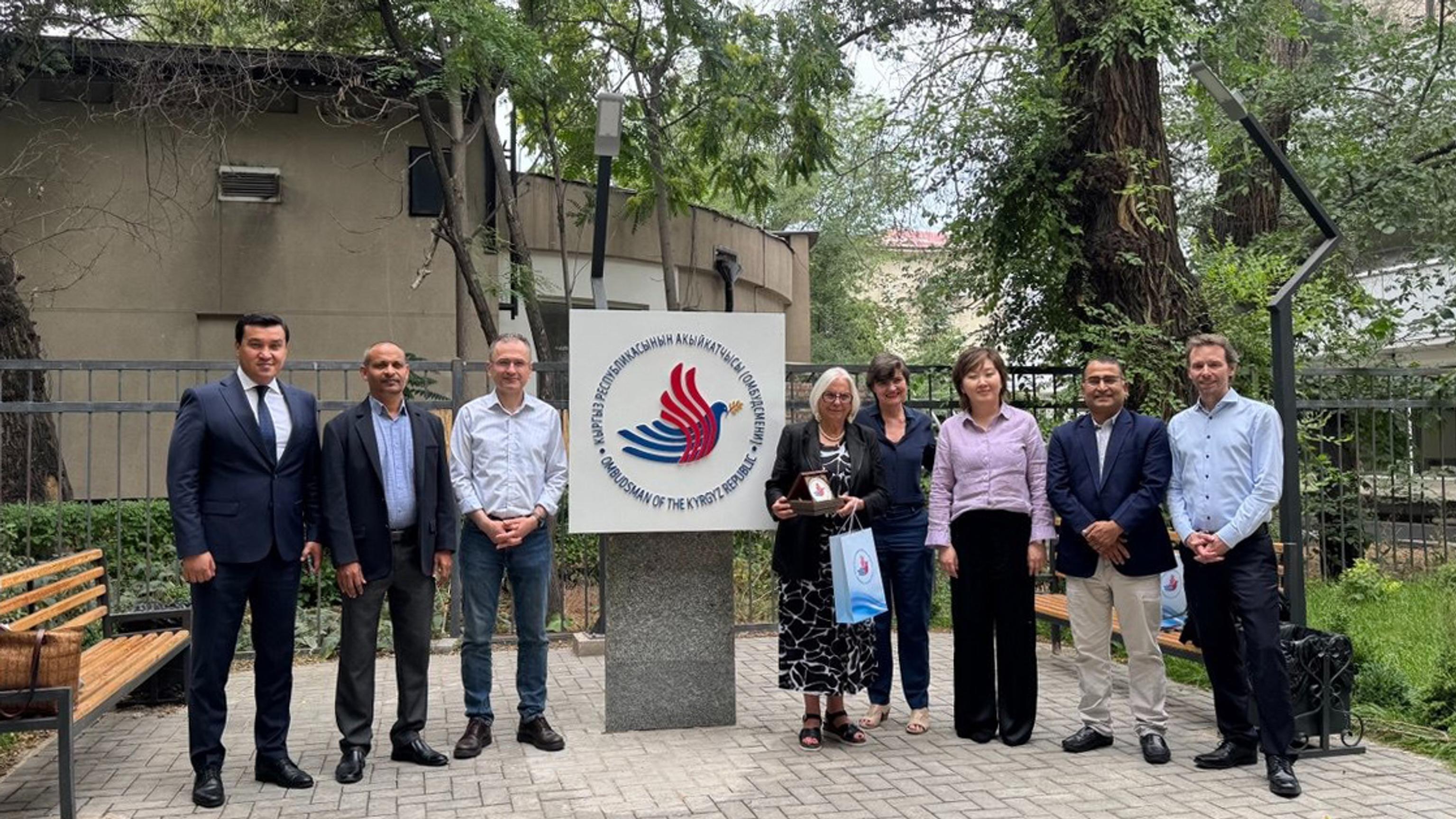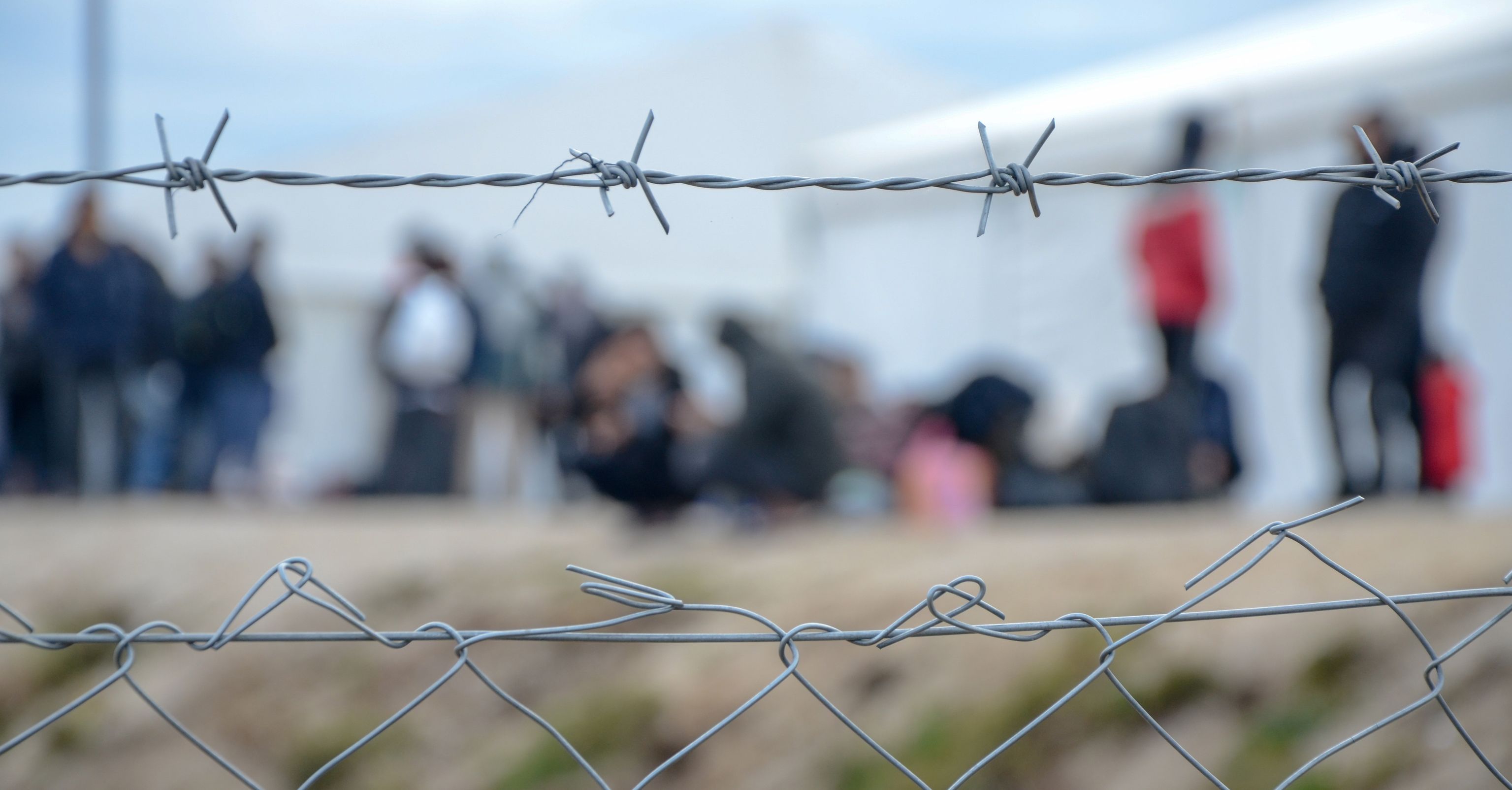Fact Sheet 2: What do the Paris Principles say?
01
The Paris Principles are the international minimum standards for effective, credible NHRIs.
02
They require that NHRIs have independence in law, membership, operations, policy and control of resources.
03
They also require that NHRIs have a broad mandate, pluralism in membership, broad functions, adequate powers, adequate resources, cooperative methods and engage with international bodies.
04
Full compliance with the Paris Principles provides NHRIs with international recognition.
This video features interviews with international experts and representatives from a broad range of APF member institutions describing the role, functions and impact of NHRIs in promoting and protecting fundamental human rights.
About the Paris Principles
The Paris Principles ("Principles Relating to the Status of National Human Rights Institutions") were developed at a UN-sponsored meeting, held in Paris in October 1991, which brought together representatives of existing national human rights institutions (NHRIs).
Representatives from governments, UN and inter-governmental bodies, regional human rights institutions and NGOs and research institutes also attended the meeting.
The NHRI participants wanted to agree on a statement of principles that would set out international minimum standards for the establishment and operation of NHRIs. They drafted, negotiated and adopted the Paris Principles.
The Paris Principles quickly received broad support within the UN human rights system.
- 1992: Endorsed by the Commission on Human Rights.
- June 1993: The Vienna World Conference on Human Rights urged the establishment of new NHRIs in compliance with the Paris Principles.
- December 1993: Endorsed by the UN General Assembly.
Today, the UN strongly encourages all States to establish or strengthen an NHRI in compliance with the Paris Principles.
This encouragement is found in resolutions of the Human Rights Council and the General Assembly, in recommendations of the Universal Periodic Review and the treaty monitoring bodies, and in reports of the special procedures.
Minimum standards for NHRIs
The Paris Principles are the international minimum standards that all NHRIs – regardless of size or structure – must meet if they are to be legitimate, credible and effective in promoting and protecting human rights.
The first and most essential requirement for an NHRI is independence [1] Although they are State institutions, NHRIs must be independent from government and from NGOs.
NHRIs should have legal independence, operational independence, policy independence and financial independence. Crucially, effective NHRIs will have independent members, who exercise independent thinking and leadership.
Other key elements of the Paris Principles include:
- Pluralism, to ensure that the composition of NHRIs reflects the "social forces (of civilian society) involved in the promotion and protection of human rights"
- Broad mandate, to ensure that NHRIs are able to promote and protect all human rights recognised in international human rights law
- Broad functions, to ensure that NHRIs are able to deliver on their mandate by providing advice, monitoring, receiving complaints and human rights education, among other "responsibilities"
- Adequate powers, so that NHRIs can initiate inquiries and investigations, gather the evidence and documents they need, consult with NGOs and State institutions and publicise their reports, findings and recommendations
- Adequate resources, so that NHRIs have the funding, staffing, infrastructure and institutional capacity to perform their functions and discharge their responsibilities
- Cooperative work, recognising that effective human rights work requires NHRIs to collaborate with other State institutions, NGOs and civil society groups [2]
- International engagement, so that NHRIs can contribute their knowledge and expertise to international and regional human rights bodies and mechanisms. [3]

While some provisions of the Paris Principles are very specific, others are very broad. The Global Alliance of National Human Rights Institutions (GANHRI) [4] has prepared a series of General Observations [5] to assist NHRIs, governments and others better understand and implement the Paris Principles.
The Paris Principles require NHRIs to be accessible to all people in the country, especially those individuals and groups who may be vulnerable to human rights violations.
Accessibility has socio-economic, cultural, geographical, physical and procedural dimensions. NHRIs need to develop ways of working that meet the needs of different groups within the community.
NHRIs must also be accountable. They have a moral accountability to report back to the communities they serve. They also have a legal accountability – often set out in their establishing law – to report annually to the parliament on their activities and achievements.
[1] See Fact Sheet 3 in this series on 'The importance of independence'.
[2] See Fact Sheet 9 in this series on 'Responsibilities and functions of NHRIs: Cooperating at the national level'.
[3] See Fact Sheet 10 in this series on 'Responsibilities and functions of NHRIs: Engaging with the international human rights system'.
[4] Until 2016, GANHRI was known as the International Coordinating Committee of National Institutions for the Promotion and Protection of Human Rights.
[5] The 25 General Observations (May 2013)
Benefits of complying with the Paris Principles
Full compliance with the Paris Principles is essential to ensure that NHRIs are as effective as possible.
Compliance enables NHRIs to work independently and professionally in promoting and protecting human rights. It gives them legitimacy and credibility within their countries and on the international stage.
The Paris Principles provide an agreed basis for assessing the independence and effectiveness of NHRIs. They are used by GANHRI, through its Subcommittee on Accreditation, to determine the international accreditation status of NHRIs.
NHRIs that are assessed as fully complying with the Paris Principles are accredited as 'A status', while those that partially comply are accredited as 'B status'.
'A status' NHRIs are able to independently participate in the work of the Human Rights Council and its mechanisms. Some General Assembly bodies also allow 'A status' NHRIs to participate in their work.
Find out more
Chapters 3, Manual on National Human Rights Institutions






